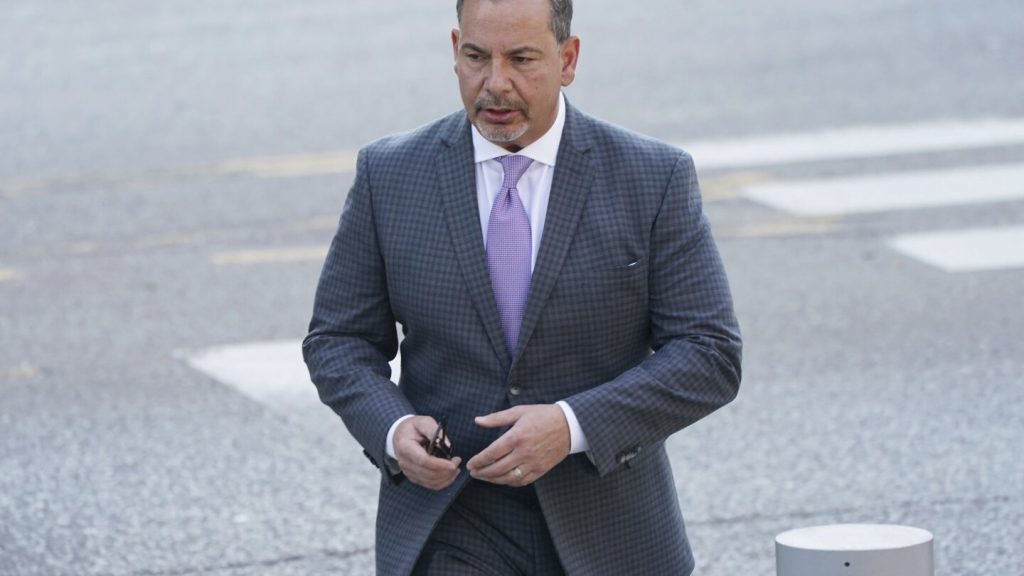After seven weeks of testimony featuring over 70 witnesses, a former DEA agent, Joseph Bongiovanni, is facing charges of accepting cash bribes to protect childhood friends and suspects with ties to organized crime. The prosecutor in the case, Assistant U.S. Attorney Joseph Tripi, highlighted the overwhelming evidence that Bongiovanni had accepted over $250,000 in bribes from the Buffalo Mafia to hinder drug investigations and shield a strip club owned by a childhood friend. Tripi emphasized that Bongiovanni prioritized loyalty to criminal associates over his duty as a law enforcement agent.
Bongiovanni’s defense attorney, Robert Singer, argued that the prosecution had failed to prove the charges of bribery, conspiracy, and obstruction of justice. Singer refuted the claim that financial pressures, including a divorce, had driven Bongiovanni to accept bribes. He stated that Bongiovanni and his wife, Lindsay, were living paycheck to paycheck and relied on credit cards, making the influx of cash described by prosecutors unnecessary. Singer maintained that Bongiovanni had faithfully performed his job without deceit or dishonesty.
During the trial proceedings at U.S. District Court, Bongiovanni sat between his lawyers, occasionally smiling at his wife and other relatives in the courtroom’s front row. He did not testify during the trial. Prosecutors alleged that Bongiovanni had received over $250,000 in cash bribes over a decade, concealing his actions by creating fake case files to mislead his colleagues. Bongiovanni retired when his alleged misconduct was uncovered in 2019, bringing an end to his career as a DEA agent.
The corruption trial against Bongiovanni is set to conclude as jurors prepare to deliberate and reach a verdict. The case has shed light on the disturbing allegations of a law enforcement officer abusing his position for personal gain, putting the interests of criminal associates ahead of the law. The outcome of the trial will determine whether Bongiovanni will face a potential sentence of life in prison for his actions. The prosecution and defense have presented their arguments, leaving it up to the jury to determine Bongiovanni’s guilt or innocence.
The trial has sparked public interest and raised questions about the integrity of law enforcement officials tasked with upholding justice and combating organized crime. The allegations against Bongiovanni serve as a reminder of the potential for corruption within law enforcement agencies and the importance of holding those in positions of power accountable for their actions. As the case enters its final stages with deliberations looming, the community awaits the outcome and hopes for justice to be served in this high-profile corruption trial.















